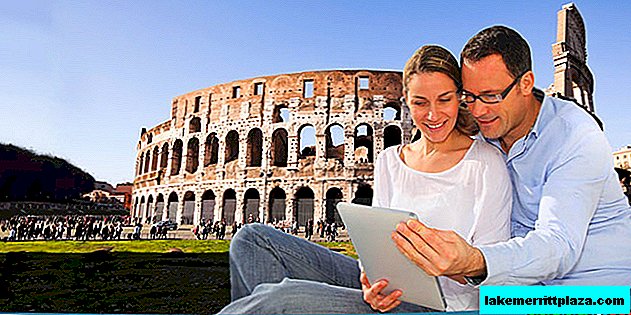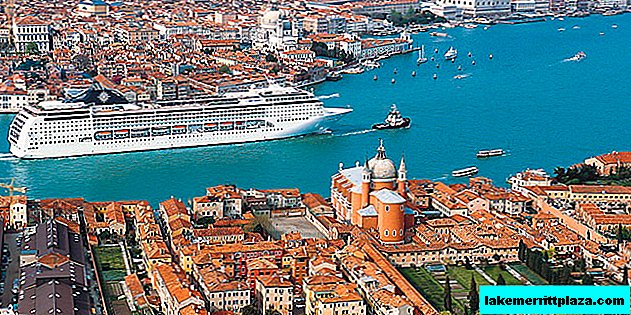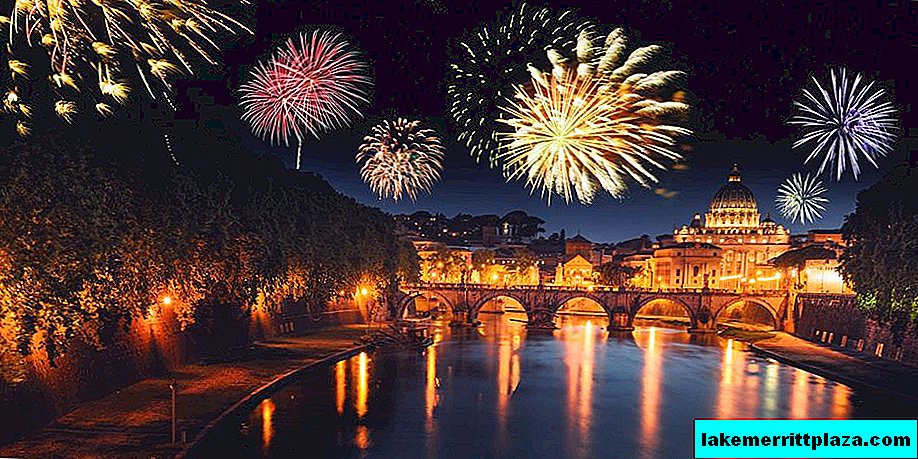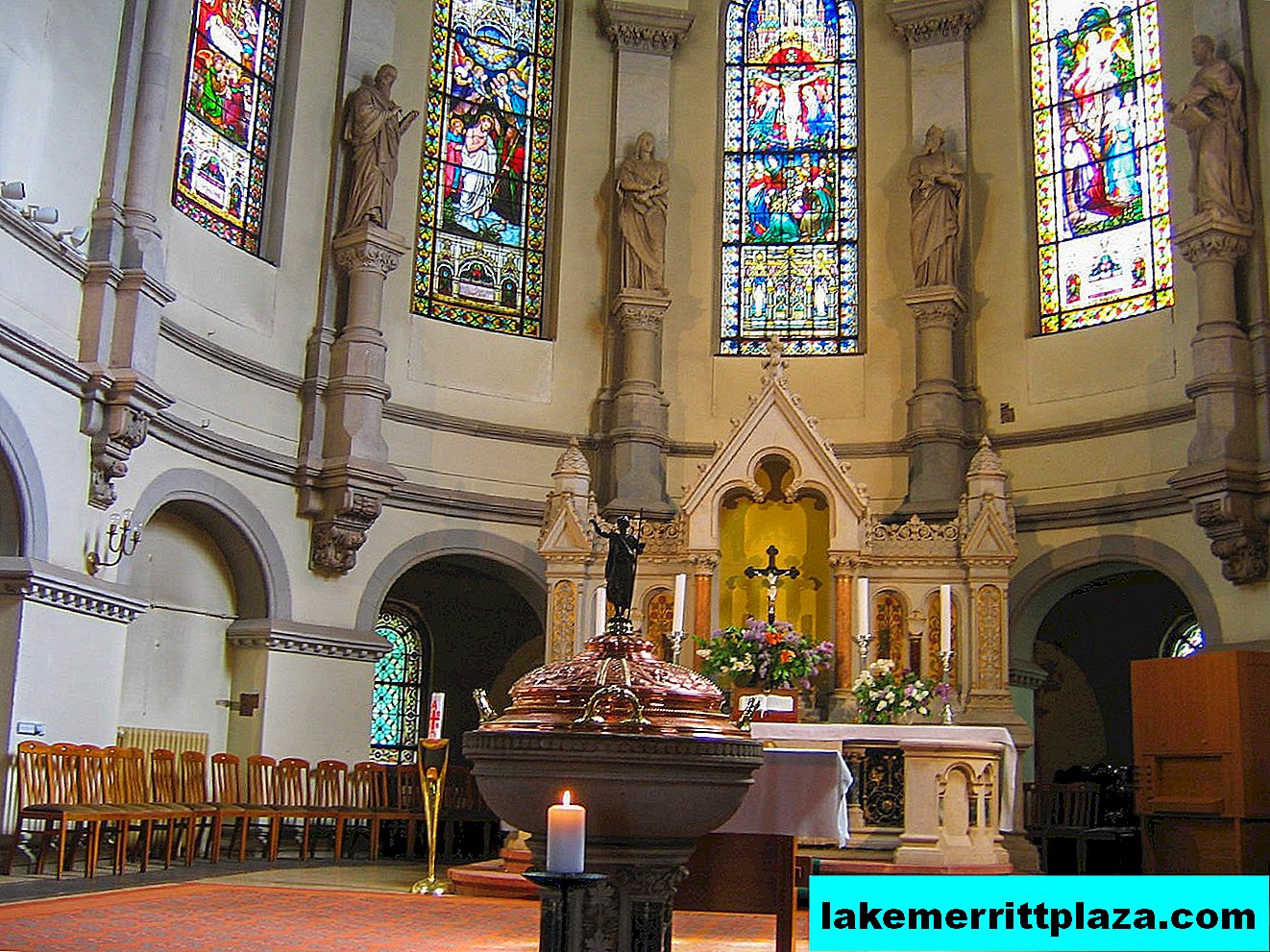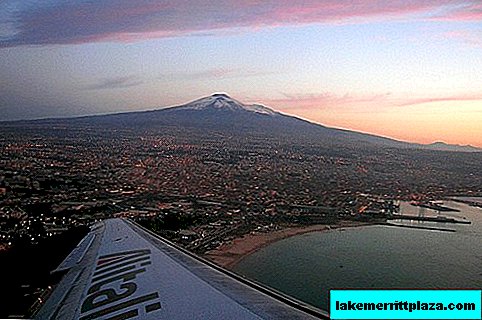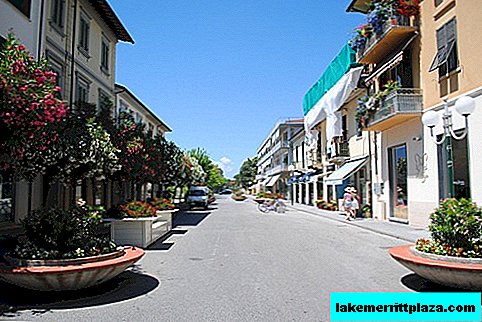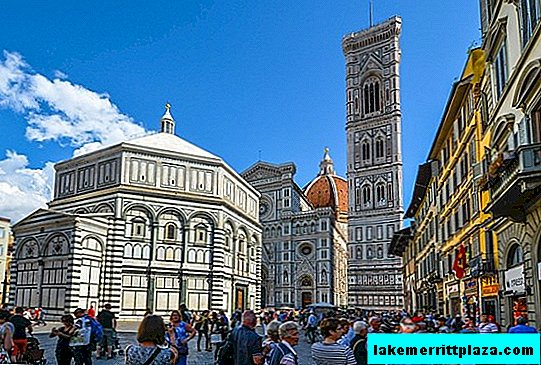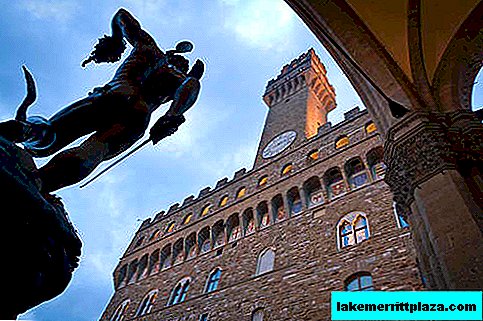“You can get bored in Rome for the second month of your stay,
but not at the sixth,
and if you stay a year,
you will have the thought of staying here forever. ” Stendhal.
I can read books about the history of Rome and Italy endlessly, but where is it better to start if you are just going on a trip and want to try at least a little understanding of this beautiful country?
I share with you my favorite books about the land of sun and wine:
One day in ancient Rome
In the book “One Day in Ancient Rome”, my favorite author, Alberto Angela, in an easy and accessible language, talks about the life of the Eternal City 2,000 years ago. Ancient Rome from the heyday of the empire is much more like a modern metropolis than we might think. One and a half million of its residents faced the same problems as their heirs two thousand years later: the high cost of housing and traffic jams, the influx of immigrants and the need to “grease” city officials.

The author suggests that we “cover ourselves with an invisible hat” and spend the whole day in Rome, from dawn to dusk, in 115 AD: to balk around on a crowded street and look into the Colosseum, attend a court hearing and sumptuous baths, taste delicious dishes and enjoy a conversation on dinner party. And to end the day on a love bed - here, too, for two thousand years nothing has changed.
Quote about the complexity of life in the capital:
“The problems that troubled the Romans of the imperial era are unusually similar to those that concern residents of Rome (and other large cities) today. For almost two thousand years, the situation has not changed at all. Go over the list and be surprised - what it looks like:
- Eternal traffic jams;
- Noise and disorder in the streets and in the alleys;
- The time that you have to spend on moving around the city;
- Dirt in the city;
- The difficulty of finding housing and sky-high prices for it;
- The unreliability of buildings and their sudden collapse;
- Uncontrolled immigration;
- The insecurity of nightlife.
Quote about gladiators at the coliseum:
“In fact, gladiators found death in the arena not so often. For various reasons: first of all, because training a fighter took a lot of time, and losing it in the very first battles meant wasting years of work. In addition, the gladiators cost a lot of money: both the lanist who trained them, and the organizer of the games, who in case of death should have paid for the gladiator at an increased rate ...
In addition, we should not forget about the fans of popular fighters and those who took bets on them - the favorites involuntarily “should” survived ... In a word, especially in the era described, there were frequent fights ending with missio, that is, pardon of the defeated. And sine missione battles, that is, to the last drop of blood, were relatively rare. ”
Quote about sewer:
“The impressive purification system of Rome, comparable to the kidneys of a living organism, is a surprisingly modern phenomenon. The Romans, a very pragmatic people, understood from the very beginning that a high concentration of people is impossible without an effective sewage system. And this says a lot about civilization, which, although it did not yet know about bacteria, understood the fundamental importance of hygiene and cleanliness achieved by the simple use of water (this aspect will be lost in the Middle Ages and even today remains an unrealizable ideal in many countries of the Third World). "
How did the winged expression about the fact that money does not smell appear:
“It is curious that the city toilets gave rise to the Latin expression, widely used to this day: pecunia non olet,“ money does not smell. ” Vespasian introduced a tax on laundries that used urine to wash, getting it from public latrines. Titus, the son of Vespasian, protested against this tax, finding it redundant and simply indecent. “Pecunia non olet” was the father’s reply ... ”
About reading:
“In Rome, it is customary to read aloud, even if you are alone. At best they whisper, barely moving their lips. Reading to oneself appears only in monasteries in order to “let in” the sacred text and not interfere with other worshipers. "
How to control slaves?

Quote about managing people:
“If you look deeper, managing other people always involves finding solutions to eternal problems: assessing employees in the face of limited information, motivating them, encouraging, maintaining discipline and penalties, and finally, ways to part with them. No matter how we strive to disguise the harsh realities of wage labor with the lush rhetoric of mutual cooperation and friendly relations in the conditions of "working as a team," it will be useful for us to listen to the straightforwardly honest statements of the ancient Romans. In those days, everyone clearly recognized his place, even if sometimes, no matter how terrible, a place in the line for execution. ”
About the life of a slave:
“The life of a slave is not only hard work until the seventh sweat. It should have time for relaxation and simple entertainment. This is reasonable provided that the slaves behave decently and do their hard work. After all, a satisfied slave will work well in the future, and vice versa: slaves mired in poverty, exhausted by hardships and sufferings, are not at all inclined to labor enthusiasm, always try to evade and turn their back on any task ”
About a society without slaves:
“Can you imagine? A society without slaves! Have you heard the case? How does it function? Who does the dirty hard work, unworthy of even the most inferior free man? And what to do with captured during the war? How do you demonstrate your well-being to others? "
About hard work:
“Firstly, as I already mentioned, but I did not stop there enough, hard work must be rewarded. It’s very demoralizing good slaves if they see that they do all the hard work, and they have to share the food in half with those who were swinging. ”
You will also find useful articles:
Italy. Wine, food, love

Then I did not know much, did not understand, did not realize, and quotes about food seemed to me somehow incredible. I warn you! A book on an empty stomach is strongly discouraged!
Here, for example, about lunch:
“There were two long tables in the dining room, and each of them could fit at least twenty people. The owners have already arranged plates, glasses, laid silver tableware. Marcella, the mother of the family, the main cook, who, obviously, was here now for the commander, said that we can sit down where we want. The room was quickly filled with family members, workers, guests of agriturismo and as happy as us, who just dropped by for lunch. In total, about thirty people gathered in the dining room.
And then they brought food. So I have never had dinner. Partly it was in the atmosphere - we were sitting in a spacious room, in a house made of stones, perched on a steep slope and overlooking two valleys: one wild, overgrown with forest and the second, resembling a patchwork quilt due to adjoined cultivated fields . The last is the merit of the Bartoli family, which settled on the top of the mountain firmly and firmly, like the stones from which it built houses. However, the point was that everything we were treated to, to the smallest crumbs, slices and drops was grown, fed, ground, distilled right here on the farm. It truly was real local cuisine, in the full sense of the word.
First, in front of us, together with baskets of fresh home-made bread, we placed plates with smoked meats - sausage, sausages, ham; - they are left in the cellar for a couple of years, where they hang until they get a perfect, perfect taste. Bruschetta plates followed. Some bread rolls were with tomatoes and basil, some with a mixture of wild mushrooms and liver. On each table stood two large bottles of red wine without any labels. Dinner went on as usual, and the wine went down faster.
Then came the turn of pasta. Of course, she was home cooked. The local type of pasta is called strongozzi, which is very popular in this area of Umbria. A special sauce was served with the paste - wild boar meat was stewed for several hours with onions, celery, tomatoes and carrots until a uniform stew was obtained, ideally suited to pasta. We were offered an additive, and I decided that you can’t refuse. Otherwise, it will turn out ugly - I'm still a guest.
The second brought chicken with truffles. Garnish served separately - on countless plates were laid fresh, fresh from the garden, vegetables and potatoes. I have never tried such a delicious chicken. The taste was amazing - rich, deep, with every note it seemed to say: "You eat chicken, glutton." And the truffles were ... I just have no words. These were real truffles, and that’s it.
Then came the turn of sweets. We were treated to a simple pie with berries. Then they served sheep cheese - pecorino. It was so tender, as if it were made from milk of sheep, which were expelled to graze on high mountain meadows and which ate only wildflowers, which opened in early spring. In Italy, it is believed that cheese promotes digestion and must be eaten so that everything is well absorbed.
After lunch, Carolina again went to play with the dogs, Jill sat on the top of the hill to enjoy the beautiful view, and Joanna and I went to the bar to drink espresso. Coffee was brewed by Felice, Marcella’s husband and the owner of the restaurant.
After ten in the morning, never order a cappuccino, ”Joanna warned,“ drink only espresso. ” If you order a cappuccino, they will think that you are German.
We went out to Jill and Carolina, who were standing near the barn. I asked Joanna about paying for lunch.
Just find Felice and ask how much you owe him. My knowledge of Italian should have been enough for this, so I, having prepared my wallet, headed back to the bar. Felice asked how many of us were people, I replied that there were four. He wrote the amount in euros. Having counted it into dollars, I found that each of us owes fifteen dollars - and this is with truffles and wine! ”
About Italian roads:
“Every time we went where this arrow was pointing, and each time we drove to a dead end. "All the rest of Italy may have all roads leading to Rome, but specifically to Puglia they led nowhere.”
About driving a car in Rome:
“As I said, when you are driving in Rome, you only need to look forward. If you start to spin, you won’t move at all from fear. "
About lifestyle:
“I did not even suspect that there are gyms in Italy. The very idea of playing sports does not fit well with the national character of Italians, which was one of the reasons why I moved here.
"Gym" in Italian will be a palestra. It is surprising that such a word generally exists in their language. The word "hangover", you see, is absent, but the "gym" is. "
Sicilian
If you want to better understand the population of the island of Sicily (Sicilia) or are planning an independent trip through this unusually beautiful land, then I recommended the book Sicilian for reading.

Favorite quotes:
- Sicilians are terribly afraid of the truth. For millennia, tyrants and inquisitors have tortured them to get the truth. The government in Rome, with its legal apparatus, demanded the truth. The priest confessedly squeezed the truth under the threat of an eternal curse. Truth was a source of power, a lever of control - so why should a person blurt it out?
- He soon noticed that his wife did not worship the land on which he walks, and this already spoke of disrespect.
- A person who does not know the history of mankind over the past two thousand years lives in darkness.
- The one who plays alone does not lose
- Not a single Sicilian will believe that a man and a woman, being together, will be able to resist.
- You said you want to study, ”he said. - So, listen. The first duty of man to stay alive. And only then follows what people call honor. Always remember this and live so that you are not a hero, but alive.
- My nature is such, and maybe my misfortune is that I will do everything for a friend, if he asks.
- The most advantageous of all positions is when the enemy exaggerates your shortcomings; better than this - only when a friend underestimates your virtues.
- He was a man of honor. That is, a person who treated the other with scrupulous honesty and who cannot be offended with impunity.
- People you love can't say no, often, at least. That is the whole secret. When, nevertheless, you have to, then your "no" should sound like "yes." Or get them to tell you this "no."
- Many centuries ago, the Normans painted their houses white, the Greeks always used blue, the Arabs - various shades of pink and red. And the Jews chose yellow. Now everyone considered themselves Italians and Sicilians ...
- And these diplomas were of great importance. How else to get rid of families from sons who have neither aspirations, nor talent, nor knowledge? Parents will have to support them for the rest of their lives. And with diplomas - parchment leaves from the university - these same idiots can become teachers, doctors, members of parliament, in the worst case, small government officials.
- Before the war, things went well with us, ”he sighed. - This warehouse has never been loaded more than half. Just look at the treasures we have here. The bone of a fish caught by Christ. The bread that Moses carried on the way to the promised land ... He paused, with undisguised pleasure watching the guilty face of Guiliano. Then his bony face twisted a grin. Kicking a mountain of wooden planks with his foot, he said almost gleefully: “This was our best product.” Hundreds of pieces of the cross on which our Lord was crucified. And in this can there are the remains of any saint you want. In Sicily you cannot find a house in which there would not be the relics of any saint. And in a special pantry under the castle we hold thirteen hands of St. Andrew, three heads of John the Baptist and seven sets of armor worn by Joan of Arc. In winter, our monks go to cities and towns to sell these treasures. Then Turi laughed, and the abbot smiled at him. And Guiliano thought that the poor were always deceived even by those who pointed the way to salvation. This important circumstance was worth remembering.
- A person who can bribe ministers, organize murders, terrorize shopkeepers and factory owners does not need to be able to read and write.
- “Really,” he asked Kintan, “will you deprive your father’s children of such nonsense as politics?” Quintana burst out laughing hoarsely. “I even killed for a spit that got on my boot,” he said.
- ... getting into the whirlwind of Sicilian vendetta was suicide. For the Sicilian believes that revenge is the only true form of justice, and that it must always be ruthless.
- There are times when it is more correct to unite with the enemy.
- He always had all sorts of great ideas, he always talked about justice. But the real Sicilian speaks of daily bread.
- Maybe you want to become a hero like Guiliano, a legend? And the dead man? I love him as the son of my friends, but I do not envy his fame. You are alive, but he is dead. Always remember this and live so that you are not a hero, but alive. Over time, the characters begin to seem eccentric.
- What does your law have to do with it? They have nothing to do with us.
Tips for organizing cultural activities in Sicily are in this section.
Empire
New book by Alberto Angela "Empire. Journey through the Roman Empire after the coin"
tells about the II century and the era of the reign of Emperor Trajan. How did you live at that time? What kind of people would we meet in her cities? How did the Romans create such a grandiose state by uniting such diverse nations?
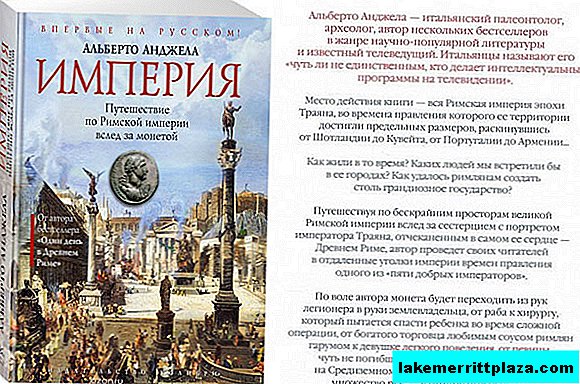
Together with the author you will take a trip through the Roman Empire of the era of Trajan from London to Trier, from Spain to Mesopotamia. You will learn:
- How the Roman roads and aqueducts were built, which have survived to this day and continue to delight us with their greatness.
- Why did Tiberius forbid kisses in public?
- How did you manage to draw straight lines of roads, a boundary, city walls?
- You smile at the recommendations on how best to “pick up” a woman?
Alberto Angela refers to the real facts and people who lived in the era of the narrative: these are the tombstones found, excavations of burials and entire cities. A great guide to the Roman Empire.
Rome was here
Each self-respecting guide, read Victor Sonkin’s book “Rome was here. Modern walks in the ancient city. " - This is a fairly detailed, but at the same time not boring guide to the sights of the Eternal City. The book will be interesting to all history buffs.
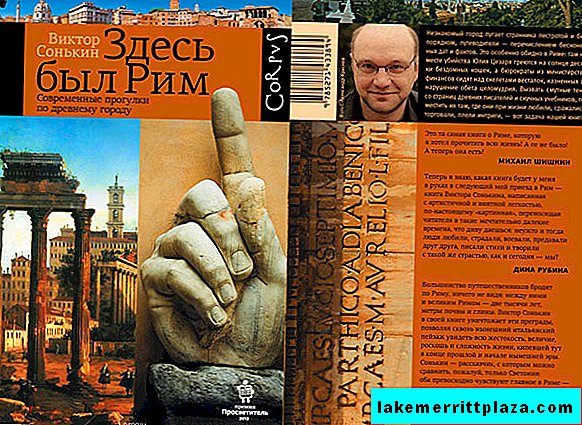
Quote about reading:
“The Romans invented audiobooks long before they appeared in the form of plates and cassettes: for example, Pliny the Elder always suffered when he was without a book, and therefore where reading was inconvenient - for example, in a bathhouse - he took a reader with him.”
About the discovery of the statue of Laocoon, which is now in the Vatican Museums:
On January 14, 1506, the farmer Felice de Freddy, digging up his vineyard on the slope of Esquiline, came across a piece of marble sticking out of the ground. When the find was unearthed, it turned out to be a sculptural group depicting an adult bearded man and two young men who wriggle in the tight girth of a giant snake. As soon as the find became known, the architect and lover of antiquities Giuliano da Sangallo rushed to Esquiline, taking with him the young Michelangelo. Sangallo immediately said: "This is Laocoon, about whom Pliny wrote."
About the fear of a thunderstorm in the emperor Octavian Augustus:
“In honor of the miraculous salvation, Augustus dedicated to Jupiter the Thunderer a temple with walls of large marble blocks and magnificent statues inside and out. This did not save the emperor from brontophobia (the scientifically called fear of a thunderstorm): as soon as the sky frowned, he immediately pulled on himself a seal skin, which supposedly protected from lightning. ”
About the etymology of words:
"The Romans called Sirius canicula -" dog, bitch "; hence the "vacation" - the time of summer vacation. Even now, on the hot days of August, all of Italy is dying ... "
About the statue of Marcus Aurelius at the Capitol:
“Please note that the emperor philosopher is sitting on a horse without stirrups. This is because stirrups were invented much later: the ancient Greeks and Romans did not have them. ”
People of imperial Rome
People of imperial Rome - about emperors and influential people. You can read about one or two characters at night. Author: Elena V. Fedorova, Doctor of Philology, Professor, Department of History, Moscow State University named after MV Lomonosov.

In digital form, it is officially not on sale, but a second-hand book sometimes appears on Ozon.ru.
Rome, Naples and Florence
In his travel essays of 1817, Stendhal creates a voluminous and lively portrait of Italian society. Observing local customs turns out to be a means for the author to better understand how this beloved country lives, what gives her illustrious composers the ability to create such wonderful music, singers the ability to perform their arias with such a feeling, and artists to amaze the world with works that conquer the audience for many centuries .
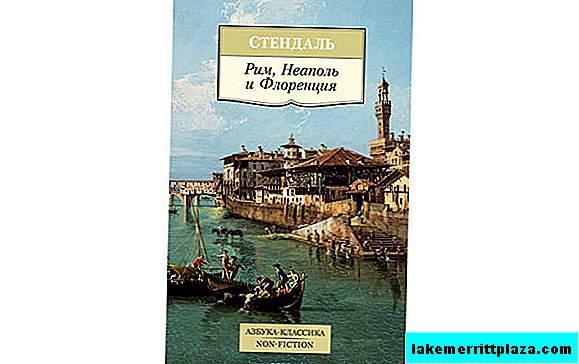
About the Palazzo Vecchio in Florence:
In Florence, the Palazzo Vecchio and the whole contrast of the harsh reality of the Middle Ages, surrounded by masterpieces of art, with the insignificance of modern "marchesino" gives the impression of greatness and truth. You see the creations of art generated by the power of passions, and also see how later everything becomes insignificant, shallow, far-fetched, for the turbulent whirlwinds of passions no longer inflate the sail, which forward the soul of a person, so helpless when it is devoid of passionate feelings, that is, real vices and virtues.
About the La Scala theater in Milan:
“Skala Theater is a salon where the whole city happens. People from society only meet there: there are no open receptions in private homes. "See you at Skala," they say to each other, making an appointment on any matter. The first impression is simply intoxicating. I am writing this overjoyed.
If any homeowner decides to make one or another change in the facade of his house, he will certainly be obliged to submit a plan of alterations to the municipality, and he will submit it to the commission di ornato, which gives his opinion. ”
About the Duomo Cathedral in Milan:
November 5. All these evenings, at about one in the afternoon, I go to look at the Cathedral of Milan. In the bright light of the moon, this church displays an enchanting sight, incomparable with anything in the world.
Architecture has never made such an impression on me. This white, filigree carved marble lacks, of course, the grandeur and power of London's St. Paul. To people with an innate artistic taste, I will say:
"This is brilliant architecture - Gothic, freed from the idea of death. It is the gaiety of the heart, which is generally characterized by sadness. And since this architecture, devoid of reasonable foundations, seems to have been erected by some quirk, it is in agreement with the foolish illusions of love. Replace with gray marble shining with white stone, and the idea of death will be established again. " But the average person does not understand these things, they annoy him. In Italy there are few such inhabitants; in France they are the vast majority.
About life:
In Italy, only music is alive. In this beautiful country you need only make love. For all other pleasures of the soul, all kinds of obstacles are posed.
About theaters:
Now I am doomed to eternal disgust for our theaters - this is where the negative side of traveling in Italy is.
Rome walks
In 1829, Stendhal commissioned a publisher to write a great guide to Rome in the form of a fascinating narrative. “Walks in Rome” is a fictionalized tale of Roman antiquities, of the art of the Renaissance and Baroque, of Roman customs and mores, accompanied by witty criticism of the papal government. The print version, unfortunately, is now almost impossible to find.
Quote about the Colosseum:
There are churches in the world and besides the cathedral Petra; I saw St. Paul’s Cathedral in London, Strasbourg, Milan Cathedrals, Santa Justina in Padova, but I have never seen anything like the Colosseum.
About travel planning:
The satellites with whom I am heading to Rome say that I have to go to St. Petersburg in January, and to Italy in the summer.
About positive thinking:
“You come to Italy only once; you must sacrifice twenty-five louis, be prepared for twenty-five petty thefts, and in no case be angry. Ride si sapis. "
About viewing platforms:
What could be more original than the view from Maltese Priory, towering on the western peak of the Aventine Hill, descending to the Tiber by a steep cliff!
What can you prefer the view opening onto another, northern part of the city, with Monte Pinchio, formerly occupied by three or four monasteries, and now the French government turned into a magnificent garden! The high hills surrounding the Tiber in Rome form winding and deep valleys.
The labyrinths formed by these small valleys and hills, as if created so that architecture could erect here the most beautiful buildings, of which it is capable. I saw the Romans spend whole hours in silent admiration, leaning on the window of the Lante villa on Yanikul.
In the distance, you can see the beautiful lines formed by the Palazzo Monte Cavallo, the Capitol, the tower of Nero, Monte Pinchio and the French Academy, and below, at the foot of the hill - the palazzo Corsini, Farnesina, the Palazzo Farnese.

